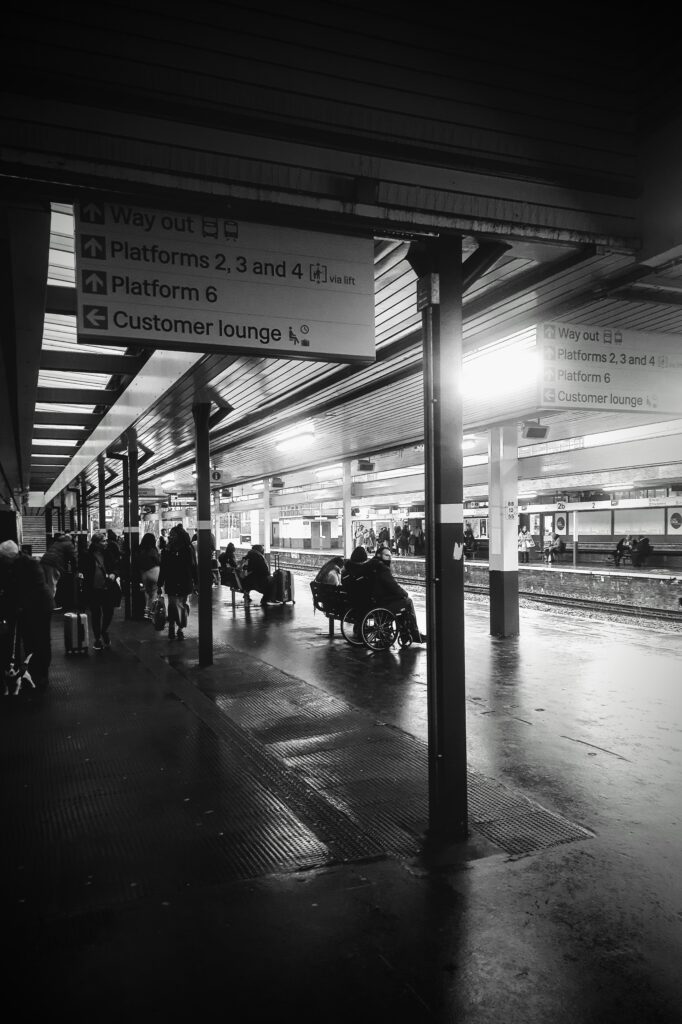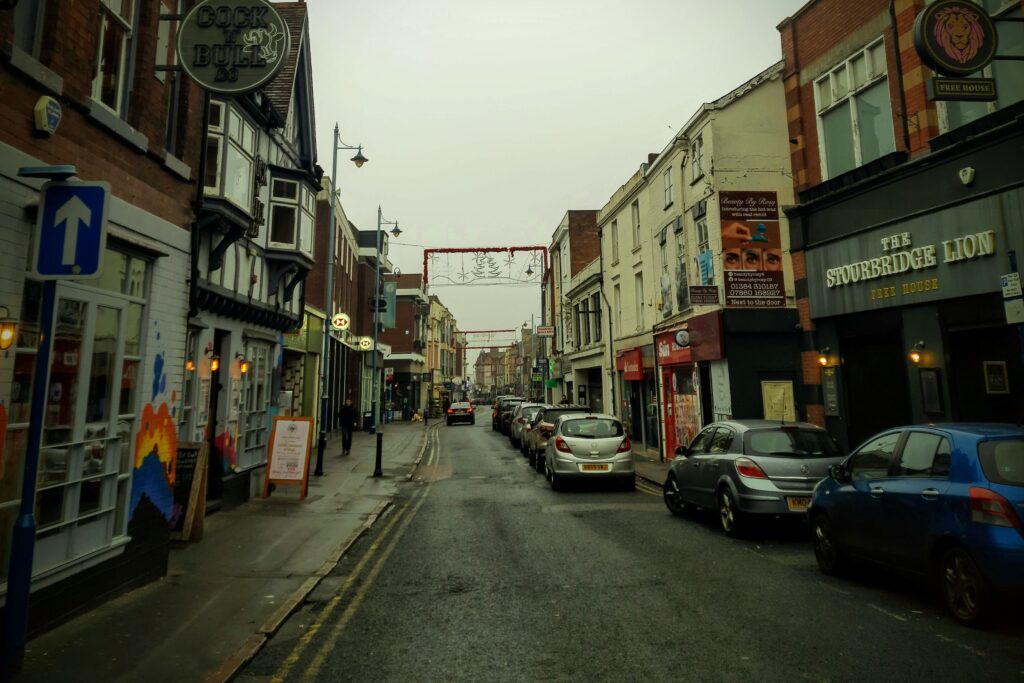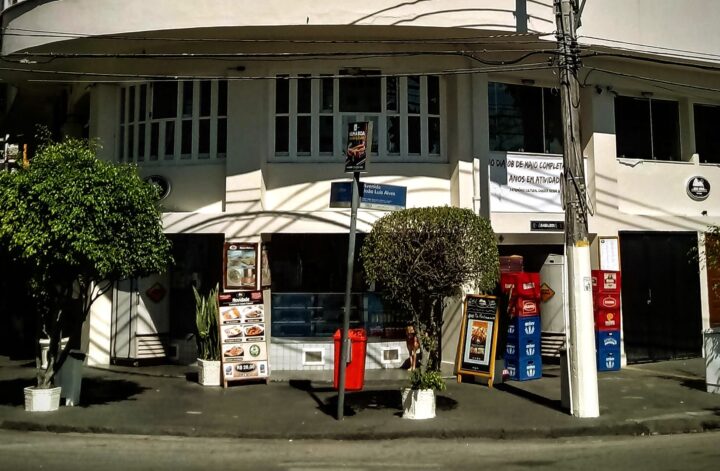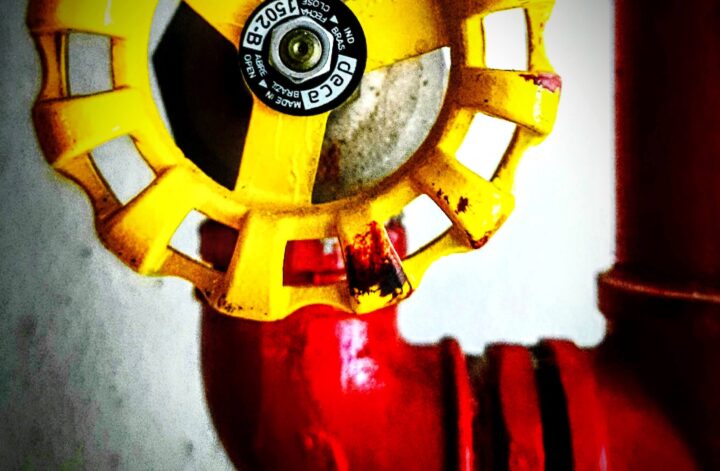Wordsley, Stourbridge, England: 22 degrees, hot, sunny and with blue skies.
My usual early morning routine includes exercise, writing a blog post, and journaling, then I begin classes at 11 a.m., with additional classes today until only 5:00 p.m.
It’s an easy day for me, which is both good and bad. Good because I can finish early and do other things, but bad because I’m probably earning less without evening classes in Brazil at the moment.
However, I cannot complain; Brazil is going through one of its most challenging periods. The truth is, people repeatedly say this, and I have done so many times during my 35 years in Brazil, but each time it seems to worsen.
Instead of the country improving over time, Brazil is deteriorating—gradually getting worse—which is illogical. Less than a year and a half into Lula’s presidency, the workers’ political party, government, and everything else are in a far worse state than anyone could have ever imagined or forecasted.
Inflation is rising, and unemployment is also increasing, as a wave of small, medium, and large companies file for legal reorganisation, with 70% likely never truly recovering; it is merely delaying the inevitable. We’re not just debating whether the issue stems from poor management or what internal changes are necessary within a company.
We also need to consider whether the macro external business and economic environment of another country, region, state, municipality, borough, or district is favourable for starting and operating a business. This includes creating conditions where people can work honestly, allowing their businesses and the companies they work for to thrive.
The aim is to retain and pay the existing workforce or to grow and hire more staff, ultimately leading to a profit. If there is a profit, it can be transferred to the business owners’ pockets, reinvested into the company, or shared with employees. This cycle allows the business to thrive, improve, and expand.
Profit is a necessary result that appears in different forms across the company and among its employees.
People: Human beings are driven by challenges and rewards. Receiving a reward for your work is one of the most straightforward yet most rewarding ways to motivate. It is also important to remember that a company’s workforce is its most valuable asset.
Brazilian people are hardworking because there is a sense of desperation in Brazilian society, as the government does very little for its citizens. What it does is often weak, superficial, and mostly symbolic. The people have little choice but to work or turn to crime.
Fortunately, most people, including Brazilians, are capable of improvising across all levels and professions. A Brazilian doctor is accustomed to using the minimum of resources to guarantee the maximum benefit for his patient and to resolve the problem.
In contrast, an American or European doctor would proceed with treatment only if all resources and conditions were ideal. In many state hospitals in Brazil, doctors often do not have the luxury of perfect conditions and, therefore, have learned to improvise.
The same as an engineer improvises with the few tools he has available to resolve the problem and maintain what is needed.
As I mentioned earlier, Brazilians have minimal choices. Often, they have to travel on precarious, overcrowded, and heavily populated public transport, enduring a 1.5-hour commute to and from work — a journey that I believe very few English people would accept or tolerate, or even survive for long.
A friend of mine, who worked as a project manager for OI Telecommunications at its Ipanema offices in the South Zone of Rio, lived with his family in Nilópolis, a lower-middle-class town in the North Zone of Rio. The distance between the two locations is roughly 41 km (30 miles), and it took him about 1.5 to 2 hours to travel there and back each day, commuting between his home and the office.
Let’s consider a typical 8-hour working day, which is often extended by an additional 3 or 4 hours of arduous, insecure public transport. He would have to be committed to doing that for himself, his family, and the company, and he had done this for more than 12 years without ever complaining.
Fabio is not an exception; there are hundreds, possibly thousands, or even millions of Brazilian workers in the same situation, and they do not complain, moan, or see themselves as victims. They understand what is expected of them and carry it out. But imagine if there were a more competent and serious government that was not merely concerned with its own interests, needs, power, or re-election, among other things. If they valued the people they have, Brazil could be one of the most powerful countries in the world.
However, it has not been so far—perhaps it was never meant to be.
Over the last few weeks, unfortunately, there has been widespread flooding in southern Brazil, particularly in Porto Alegre, the capital of Rio Grande do Sul state, and neighbouring towns.
The extent of the flooding caused by prolonged torrential rain has led to nearly 200 deaths, not to mention the many animals and livestock that have also perished. Yesterday, a horse was rescued from the top of a barn’s roof, just a few centimetres above the water that covered everything below. Thanks to careful planning and skill, the authorities rescued the horse without harming it or the rescuers.
Even so, the government attempted to use the situation to shield itself from being regarded as irresponsible and failing to do what is right for the people, as this was not the first time flooding had affected the South of Brazil.
Their main priority was to repair their image before the next election. Those who had lost everything—homes, family members, animals, etc.—weren’t really significant; they were just more numbers on the statistics list.
And probably even these figures are manipulated to look better than they actually are. While also trying to use a catastrophe to clear their name and image, twisting reality and distorting the truth, that is all that matters.
If they had been present in force in such a situation, it might even be acceptable. However, they haven’t been exhibiting complete negligence or disregard for their people’s suffering; they are only concerned with their image and what they consider necessary to retain power in the next elections.
I hate this government for what they do to the good people of this country, who live in a dehumanising society because of a perverse government.
It is entirely and profoundly disheartening.
In bed by 9:30 p.m.
Thank you.
Thanks for reading this blog post. Please explore my other posts and share your thoughts in the comments section.
Richard


















